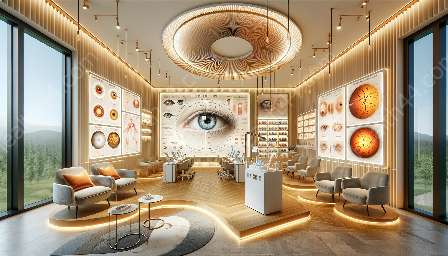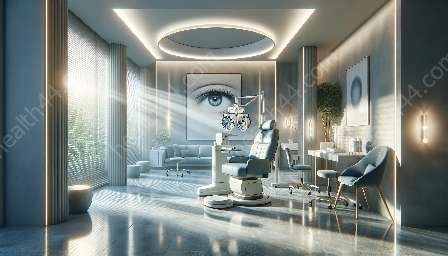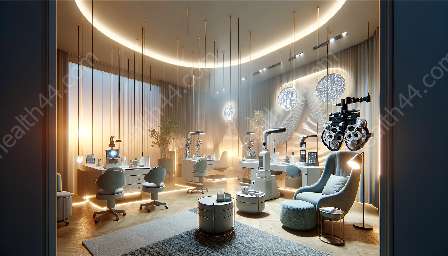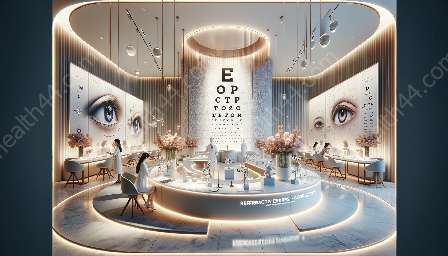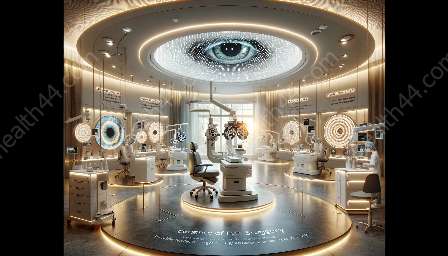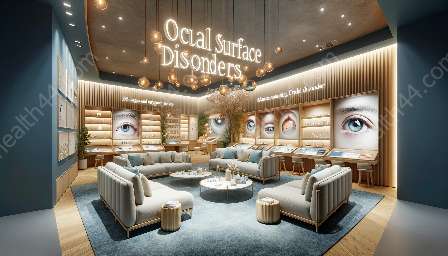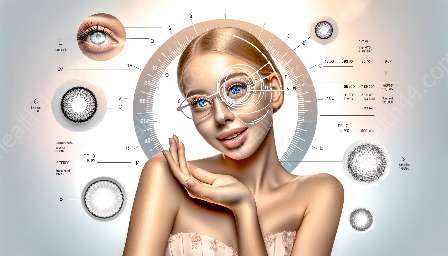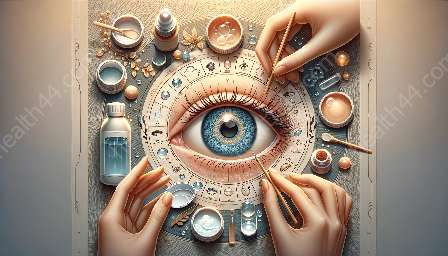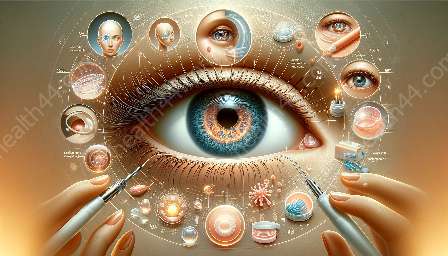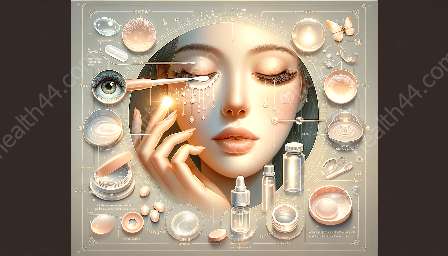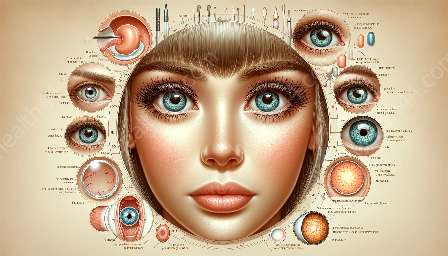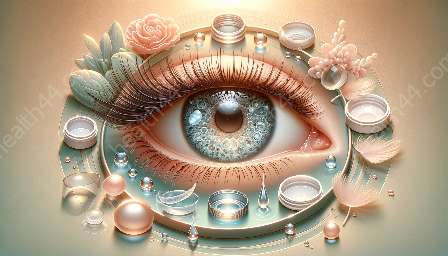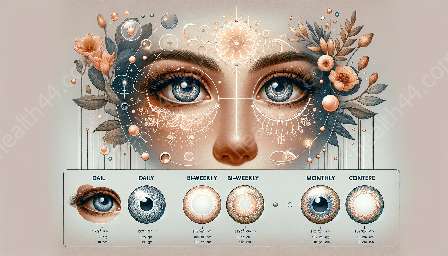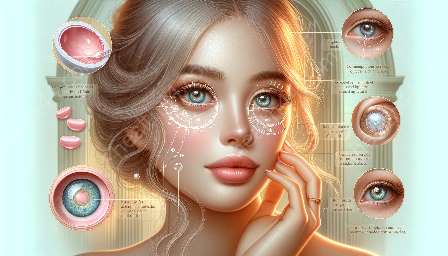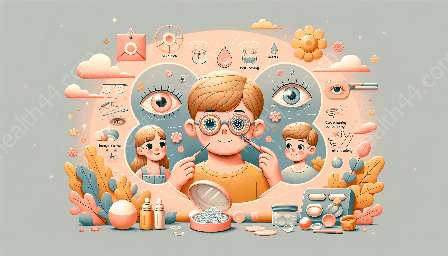Contact lenses have become an essential part of vision care, offering convenience and flexibility for those who prefer an alternative to eyeglasses. In this comprehensive guide, we delve into the world of contact lenses, exploring their benefits, usage, and health considerations. Whether you're a long-time wearer or considering making the switch, this cluster provides valuable insights into the impact of contact lenses on vision care and overall health.
The Basics of Contact Lenses
Contact lenses are thin, curved discs that are placed on the film of tears that covers the surface of your eye. They are designed to correct vision problems, providing a clear and unobstructed view. There are various types of contact lenses, including soft, rigid gas-permeable (RGP), toric, multifocal, and colored. Each type serves a specific purpose and suits different individual needs.
Benefits of Contact Lenses
Contact lenses offer numerous advantages, making them a preferred choice for many individuals. These benefits include:
- Freedom: Contact lenses provide the freedom to engage in various activities without the inconvenience of wearing glasses.
- Improved Peripheral Vision: Unlike traditional eyeglasses, contact lenses offer unobstructed peripheral vision, enhancing the overall visual experience.
- Enhanced Appearance: Colored contact lenses allow wearers to experiment with different eye colors, adding a fun and creative element to their look.
- Reduced Reflection and Glare: Contact lenses eliminate issues related to reflection and glare on the lenses, providing clear and crisp vision in all conditions.
Usage and Handling
Proper usage and handling of contact lenses are crucial to ensure both vision care and eye health. Individuals should follow the guidance provided by their eye care professionals to maintain proper hygiene, prevent infections, and avoid complications. Some key considerations include:
- Hygiene: It's essential to wash and dry your hands thoroughly before handling contact lenses to prevent the transfer of dirt, bacteria, and other contaminants to the eyes.
- Cleaning and Disinfecting: Regular cleaning and disinfecting of contact lenses with recommended solutions are necessary to remove debris and microorganisms that may accumulate on the lenses.
- Eye Irritation and Infections: Improper usage and lack of hygiene can lead to eye irritation, redness, and potentially serious infections. Regular check-ups with an eye care professional are crucial to monitor eye health and prevent complications.
- Oxygen Flow: Contact lenses, especially soft lenses, can limit the flow of oxygen to the cornea, affecting its health. Adhering to prescribed wearing schedules and opting for breathable materials can help mitigate this issue.
- UV Protection: Some contact lenses offer added UV protection, shielding the eyes from harmful ultraviolet rays. This feature contributes not only to vision care but also to overall eye health and the prevention of long-term damage.
Impact on Vision Care
For many, contact lenses play a pivotal role in managing various vision-related issues, offering a personalized and effective approach to vision correction. Whether used for nearsightedness, farsightedness, astigmatism, or presbyopia, contact lenses provide tailored solutions to address individual needs and preferences.
Considerations for Overall Health
While contact lenses offer undeniable advantages in vision care, it's essential to recognize their impact on overall health. Maintaining eye health goes beyond proper usage and hygiene; it involves understanding the potential health considerations associated with wearing contact lenses. Some important aspects to consider include:
Concluding Thoughts
Contact lenses represent a remarkable innovation in vision care, providing a practical and versatile alternative to traditional eyeglasses. While their benefits are evident, understanding the proper usage, maintenance, and health considerations is crucial for ensuring optimal vision care and overall eye health. By incorporating contact lenses into your vision care routine responsibly and proactively, you can enjoy clear, comfortable vision while safeguarding the health of your eyes.



